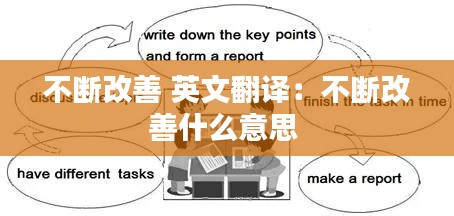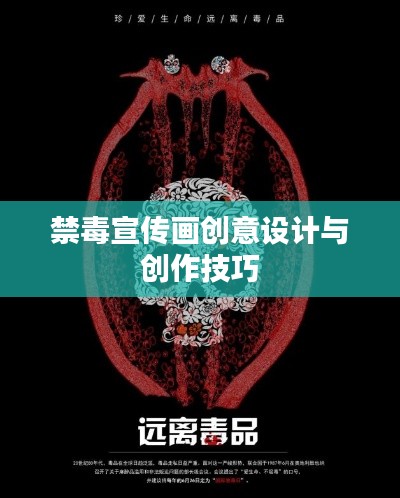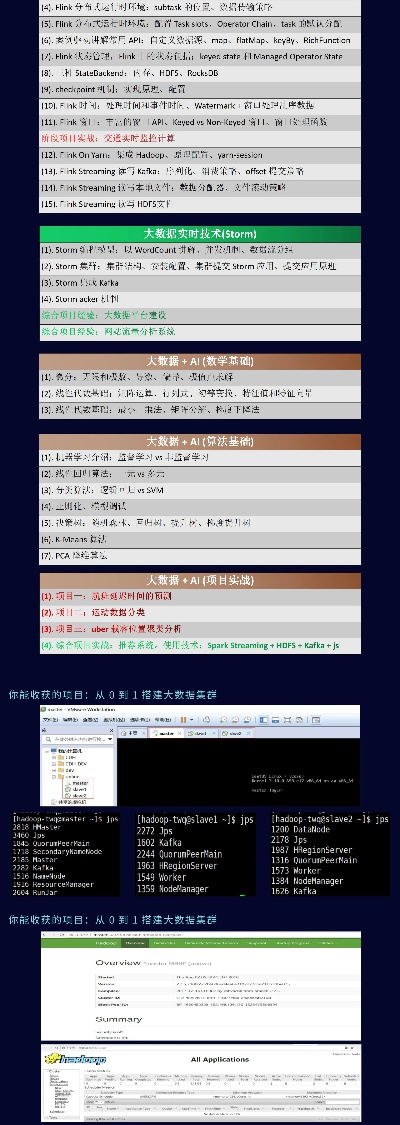Introduction to Continuous Improvement
Continuous improvement, also known as Kaizen, is a fundamental concept in many industries and organizations. It revolves around the idea that processes, products, and services can always be enhanced to deliver better results. This philosophy encourages a mindset of constant learning, innovation, and refinement. In this article, we will explore the importance of continuous improvement, its benefits, and how it can be implemented in various contexts.
The Concept of Continuous Improvement
At its core, continuous improvement is about making small, incremental changes over time. These changes are aimed at enhancing efficiency, reducing waste, and ultimately improving the quality of products and services. The concept is rooted in the belief that there is always room for improvement, no matter how good something currently is. It requires a commitment to ongoing analysis, feedback, and action.
Benefits of Continuous Improvement
Implementing a culture of continuous improvement can yield numerous benefits for organizations. Here are some of the key advantages:
- Increased Efficiency: By identifying and eliminating inefficiencies, organizations can streamline their processes, reduce waste, and increase productivity.
- Enhanced Quality: Continuous improvement ensures that products and services are consistently meeting or exceeding customer expectations, leading to higher customer satisfaction and loyalty.
- Innovation: Encouraging a culture of continuous improvement fosters innovation as employees are motivated to think creatively and find better ways of doing things.
- Cost Reduction: By eliminating waste and optimizing processes, organizations can reduce costs and improve their bottom line.
- Employee Engagement: When employees are involved in the process of continuous improvement, they feel more engaged and valued, leading to higher morale and retention rates.
Implementing Continuous Improvement
Implementing continuous improvement requires a structured approach and a commitment from the entire organization. Here are some steps to consider:
- Set Clear Objectives: Define clear, measurable goals that align with the organization's vision and values.
- Identify Improvement Opportunities: Use various tools and techniques, such as Lean, Six Sigma, and process mapping, to identify areas for improvement.
- Involve Employees: Engage employees in the process by empowering them to contribute ideas and participate in improvement initiatives.
- Implement Changes: Develop and implement action plans to address identified opportunities, ensuring that changes are well-documented and communicated.
- Monitor and Measure: Regularly monitor and measure the effectiveness of improvements to ensure that they are achieving the desired outcomes.
- Review and Refine: Continuously review and refine the improvement process to ensure that it remains effective and aligned with the organization's goals.
Case Studies of Continuous Improvement
Many organizations have successfully implemented continuous improvement initiatives, leading to significant improvements in their operations. Here are a few notable examples:
- Toyota: Known for its Lean manufacturing practices, Toyota has implemented continuous improvement principles to enhance efficiency and reduce waste in its production processes.
- 3M: The company is renowned for its culture of innovation, which is fueled by a commitment to continuous improvement. 3M encourages employees to spend 15% of their time on projects of their choice, fostering creativity and new ideas.
- Procter & Gamble: P&G has implemented a variety of continuous improvement initiatives, including Lean and Six Sigma, to improve product quality and reduce costs across its global operations.
Challenges of Continuous Improvement
While the benefits of continuous improvement are significant, there are also challenges that organizations may face. Some of these challenges include:
- Cultural Resistance: Changing established processes and encouraging a culture of continuous improvement can be met with resistance from employees who are comfortable with the status quo.
- Lack of Resources: Implementing continuous improvement initiatives requires time, money, and resources, which may be limited in some organizations.
- Measuring Success: It can be challenging to measure the success of continuous improvement initiatives, especially in the short term.
- Maintaining Momentum: Keeping the momentum going over the long term can be difficult, as organizations may become complacent or face new challenges.
Conclusion
Continuous improvement is
转载请注明来自互诺实验设备(衡水)有限公司,本文标题:《不断改善 英文翻译:不断改善什么意思 》
















 冀ICP备2024085275号-1
冀ICP备2024085275号-1
还没有评论,来说两句吧...